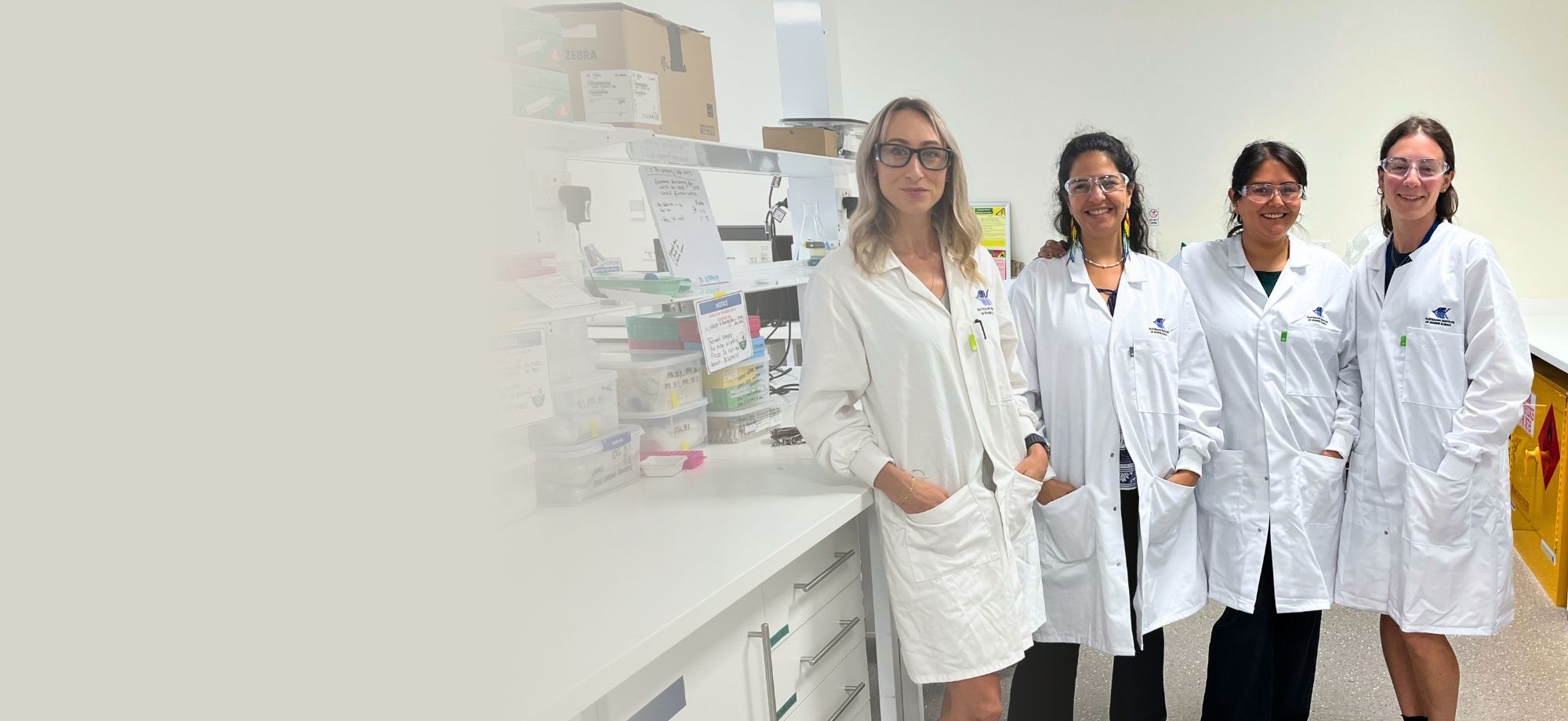The recent cyclone flooding is likely to have helped spread the pest fish around and DOC is keen to minimise the impact on native fish species and our freshwater ecosystems.
are small but feisty fish that can attack native fish, biting the fins and eating eggs and juveniles.
and can degrade water quality. Koi suck up mud, eat the invertebrates, and blow sediment out muddying the water.
When young, rudd feed mostly on invertebrates (insects, snails, worms), but as adults they feed mostly on plants (macrophytes). Rudd tend to prefer native plants over introduced, so can encourage weedy growth. Both pest fish can impact water quality, native plants, algae, invertebrates, and native fish life.
All three species are fast breeders and can take over an ecosystem rapidly, dominating fish communities.
The DOC freshwater fish team has been monitoring waterways throughout Taranaki, setting traps and monitoring sites to stop the spread of these pest fish in the region.
“These fish can easily move around from a flooded garden pond or overflowing culvert to other waterways,” says DOC Taranaki Freshwater Pests and Migratory Fish Ranger Amirah Norhayati. “Once they’re in the larger waterways they can spread widely.”
“These species are still only present in isolated populations in Taranaki, so we want to target them now before they become widespread and cause irreversible damage to our freshwater environments.”
She’s asking people to report sightings of pest fish in garden ponds, culverts, lakes, and streams so any pest fish can be properly identified and eradicated.
Other ways of helping prevent the spread of these pest fish include checking and cleaning fishing gear, boats, and kayaks before entering different waterways.
To prevent purposeful introduction, if you are wanting to drain your pond get advice from the DOC Taranaki freshwater team beforehand.








